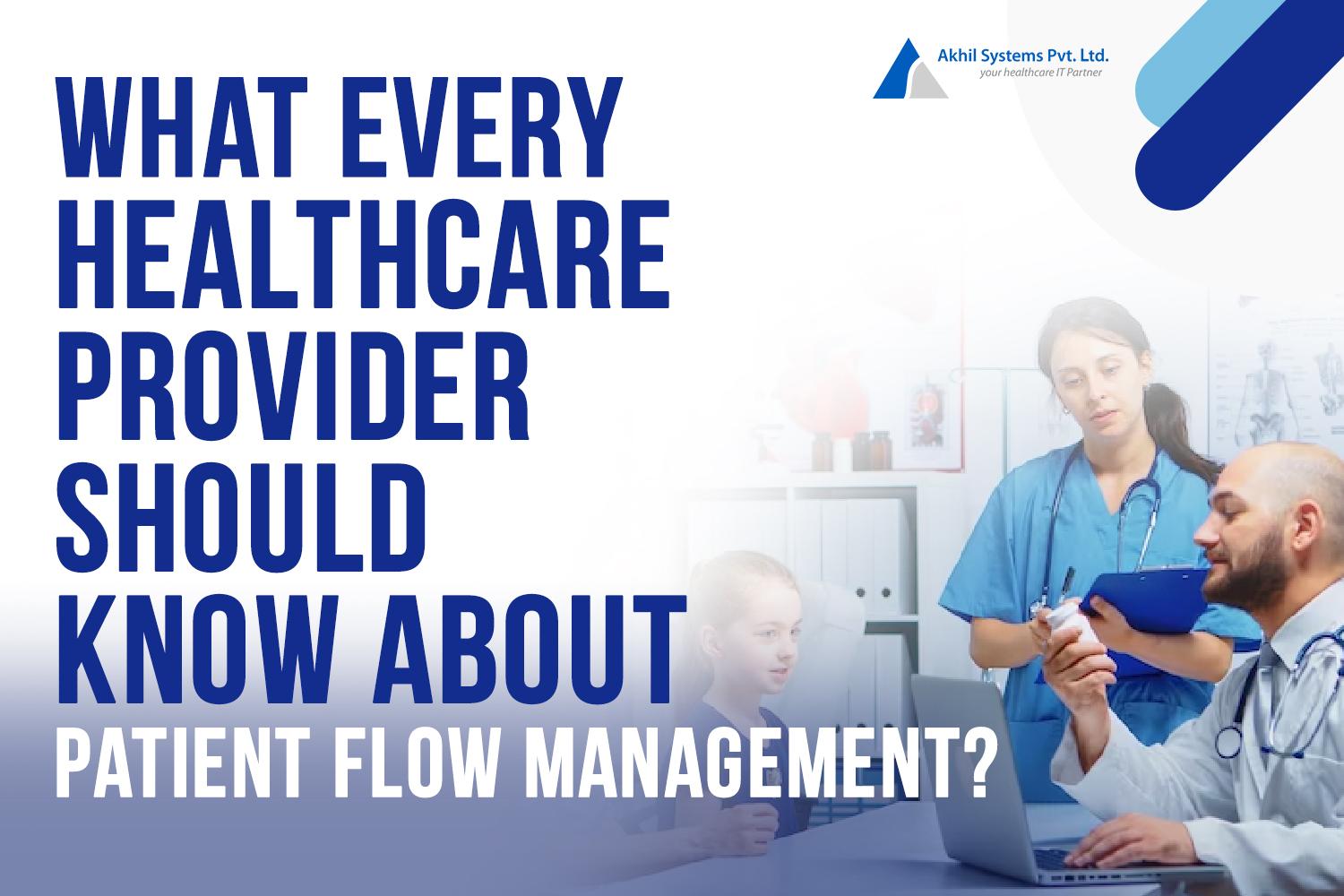In today’s fast-paced world, healthcare providers face numerous challenges while managing their patients. It is essential to have a robust patient management system in place to ensure that patients receive the highest level of care. In this blog, we will discuss the essential things that every healthcare provider should know about patient management.
- Patient data management: Healthcare providers must keep accurate patient records, including medical history, medications, test results, and other pertinent information. This information should be stored securely and be easily accessible to authorized healthcare professionals. It is crucial to have a centralized system that allows healthcare providers to access patient data quickly and efficiently.
- Appointment scheduling: Healthcare providers should have an efficient appointment scheduling system in place that allows patients to book appointments online or over the phone. Automated appointment reminders can help reduce no-shows and improve patient satisfaction.
- Patient communication: Clear communication is critical to effective patient management. Healthcare providers should have a system in place that allows them to communicate effectively with patients, whether it is through email, text messaging, or phone calls. This can help improve patient engagement and overall patient experience.
- Patient feedback: Healthcare providers should be open to patient feedback, as it can help identify areas for improvement in patient management. Providers can use patient feedback to identify gaps in their services, improve patient experience, and build patient loyalty.
- Patient education: It is essential to educate patients about their medical conditions, treatment options, and other healthcare-related topics. Providers should have a patient education program in place that provides patients with the necessary information to make informed decisions about their healthcare.
- Telemedicine: The COVID-19 pandemic has highlighted the importance of telemedicine in patient management. Telemedicine allows healthcare providers to provide care remotely, reducing the risk of infection transmission and improving patient access to care.
In conclusion, effective patient management is critical to providing high-quality healthcare. Healthcare providers must have a robust patient management system in place that includes patient data management, appointment scheduling, patient communication, patient feedback, patient education, and telemedicine.
References:
- Sinsky, C. A., & Beasley, J. W. (2018). “Text messaging in healthcare.” Journal of the American Medical Association, 320(13), 1301-1302.
- Lin, C., Tseng, C. L., & Cheng, H. (2018). “Patient education: the importance of patient-centeredness, health literacy, and cultural competence.” Journal of the Formosan Medical Association, 117(11), 996-997.
- Hollander, J. E., & Carr, B. G. (2020). “Virtually perfect? Telemedicine for Covid-19.” The New England Journal of Medicine, 382(18), 1679-1681





